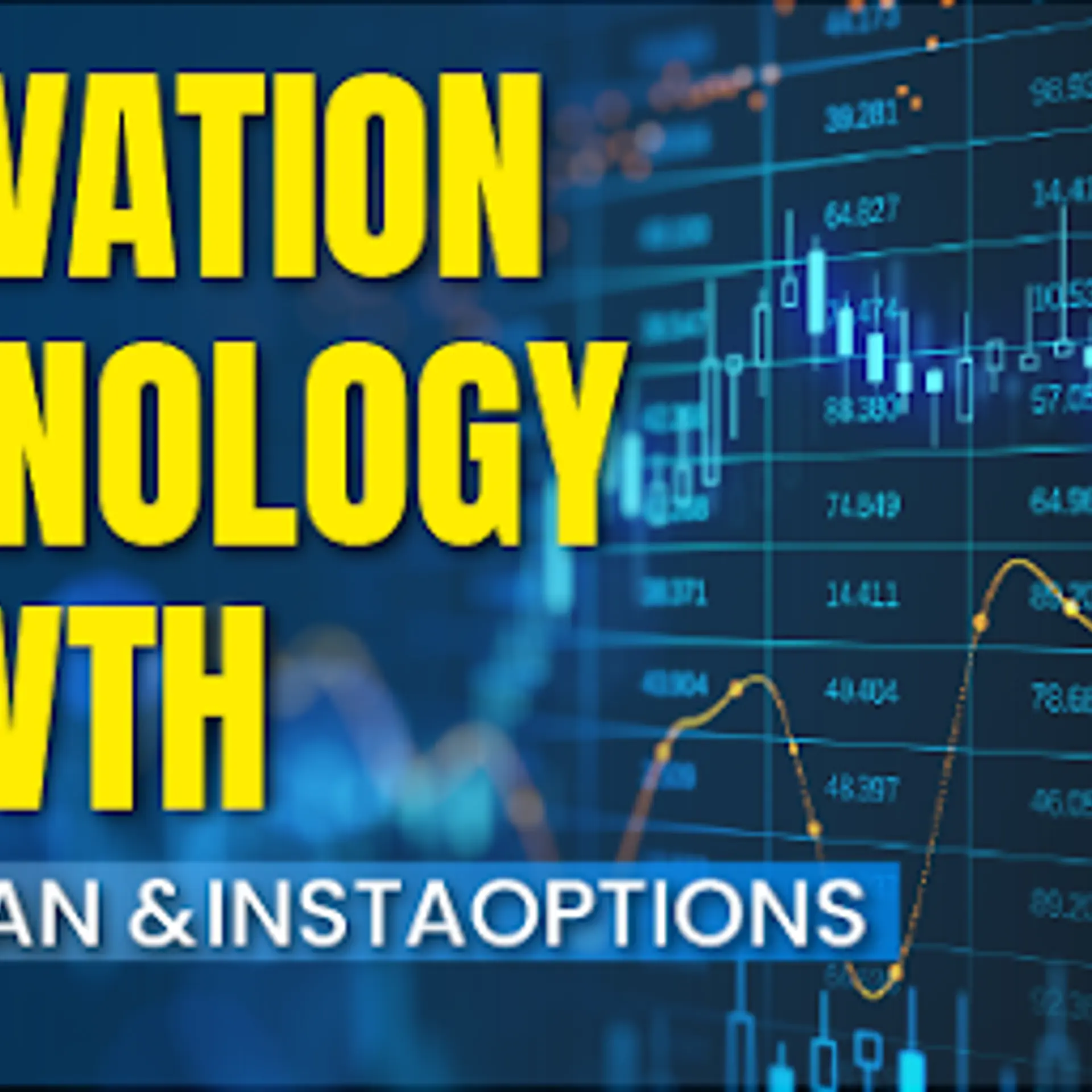What made this couple leave Google Mountain View to return to India
In March 2015, when Flipkart announced the high-profile hiring of Punit Soni, a former VP of Motorola as their Chief Product Officer, it opened the gates of opportunities for many senior level management from Silicon Valley to explore opportunities in Indian startups. Soon, Peeyush Jain (Flipkart), Ambarish Kenghe (Myntra), Namita Gupta (Zomato) and others followed the party.
On one hand, Indian startup ecosystem shows great potential for growth while on the other our unicorns are matching the compensation of senior hires as well. While talking to YourStory earlier, Punit had mentioned that
The next world-class technology company will come out of India.
I met a couple from Google Mountain View who has recently shifted to Bengaluru. While Neena Budhiraja has joined Ola as Director of Product Management, her better half Himanshu Batra is working on his startup in the education space along with two other Googlers (from Mountain View) and a few interns. In the following conversation with YourStory, the duo spoke about their journey to Google and back to India, what triggered them to take this path and why now.
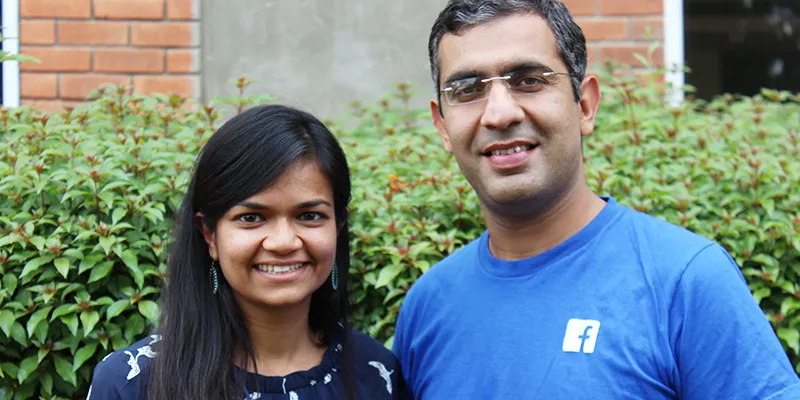
Yamunanagar meets Dubai in United States of America
Hailing from Yamunanagar in Haryana, Himanshu did exceedingly well in his bachelors of engineering in Computer Science at Kurukshetra University to get into University of Illinois at Chicago for his masters. Neena was born and brought up in Dubai to expat parents. She moved to Delhi for her high school studies and subsequently moved to Punjab University for Bachelors in Computer Science. Neena got her MBA from Tepper School of Business, Carnegie Mellon University. Her internship at Google led her to her full time job as well at the Internet giant in 2009 where Himanshu was working as Project Manager since 2008.
Himanshu recalls,
When I landed in Chicago in 2005, the city was nowhere close to what Silicon Valley was. In Chicago, companies were trying to go online and tech was getting popular. Now, the situation has changed and almost every five hours a startup is born there.
G for growth
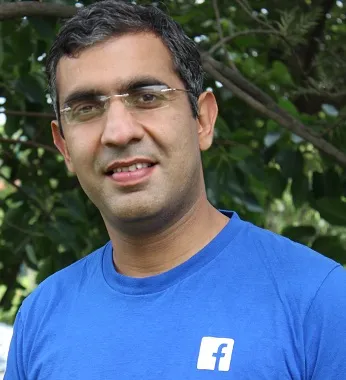
Neena started her dream job at Google as a financial analyst setting portals but was soon appointed as Displays Ads Chief of Staff, thanks to the growth spurt era of the company. She was managing annual strategies, including planning for others and later took over as the Product Manager for the brand display ads, essentially being a key member in direct response advertisement division of Google, a $100M entity. Owing to her interest and support from seniors, Neena became the m-commerce lead of Google Express in 2014. She overlooked the mobile app development and enabled shopping on the go. She says,
We witnessed a 50-60% increase in traffic, worked on monetization, and taking care of drop out points.
It was then that she wanted to put her eight years of experience to make an impact. As a part of the Google Reach programme which connects Googlers with non-profit organizations in developing countries, she came to India on a sabbatical to work for Azad Foundation. Through her stint at one of the initiatives of the organization Sakha Cabs, she explored the transportation industry in India, its working and monetization.
Himanshu traveled across the length and breadth of the country as a part of Jagriti Yatra meeting Narayana Murthy, Anshu Gupta, and many more change-makers. For the first time, he could sense not just the rising trend of starting up and product development but also the interest of the youth in changing things in India for good.
According to Neena, the following features from her days at Google contributed to her growth the most:
- Ability to wear multiple hats to figure out what you’re best at.
- Caliber of colleagues around.
- New challenges every day.
- Instead of head count, they facilitated the thought process to tap the networks.
- Salient work culture where managers are looking out for you as a person and not as ‘work-ass’.
Neena landed in Silicon Valley in 2009, just after the economy had gone bust. She recalls,
India taught me persistence and never to take no.
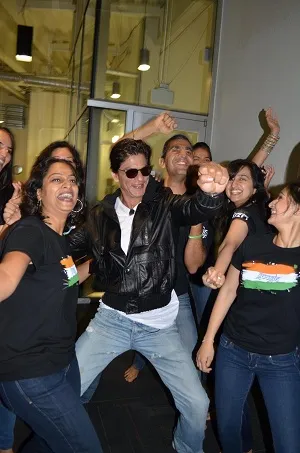
Where work life balance is not a myth
Himanshu believes that Google promotes a perfect work life balance among its employees. His day in Mountain View started at 8 am. Describing a typical day, he says after working a few hours, one can go for lunch or soccer, then work for another three-four hours followed by soccer or a dance class or a massage session etc and then go home. He believes that disconnecting frequently is important to rejuvenate and 16-17 hours of work is not required to ensure high productivity. He says,
Only a happy person is the most productive person. When people are dying they would never say, ‘I wished I could have worked more’.
According to both Neena and Himanshu, facetime (number of hours of physical presence at work) concept of a job is worrisome in an organization. They further believe that the people they came across at Google are more passionate, intelligent, and humble.
Beginning of India Chapter-2
Before leaving India, Neena got in touch with Bhavish Agarwal of Ola. In San Francisco, her director put her in touch with the Uber team. Neena met a lot of her friends in India who include who’s who of the Indian startup ecosystem. She zeroed down on Ola as the sector excites her most and it made more sense to take a true Indian product to the next level. She summarizes her decision based on the feeling she got when she walked out of the office,
‘I can do’ vs. ‘these guys are doing great stuff’.
At Google, she has seen desktop dominating India and has also seen the mobile growth. She believes that the next phase of growth is going to come from the billion plus Indians and, says, “it felt silly (as an Indian) to sit in Mountain View and not be a part of the change here.”
For Himanshu, hiring and getting the right clients seems to be a bit challenging at the moment for his stealth mode startup. He talks about his startup,
All I can tell you right now is that my product will make life of a university and a student studying in the university a little easier. Unless we blend education with technology, we won't go far ahead. I personally feel education is "the" way we can solve most of India's problems.
He further emphasized that they (Neena and he) returned because of their will to bring in change in India using technology.
Say Ola to the new Director of growth platform
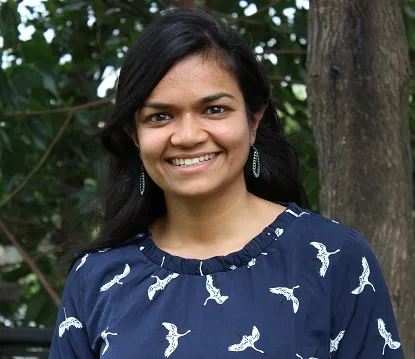
Neena believes that venture capitalists are bearing the burden of customer acquisition and retention of Internet businesses at the moment. She says,
It’s important to understand if users know and understand your service. Why should a mother open a mobile app for ordering a fridge? The incentive has to be financial and burning through cash is one way. In the next phase, we have to think how to make it sustainable for the next two-three years.
In her last stint, Google Express reached phase-2 where users understood the service and the team was focusing on how to make sure that they keep getting this service for free.
Talking of her new role at Ola, Neena says,
Ola is at a very exciting stage of its lifecycle. With its penetration in more than 100 cities, we've come a long way from being an idea in Bhavish's head. We are now gearing for the next phase of growth: Understanding our users, when and why they commute, and how to seamlessly fit into their fabric of life.
She understands that she is responsible for a micro problem rather than everything which she is keen to own and work on.
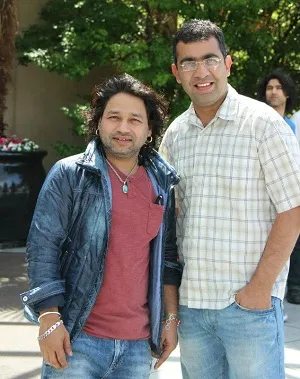
A touch of Silicon Valley
Through their experience at Google, Neena and Himanshu are going to implement the following learning in their upcoming journey at Indian startups:
- At Google, thinking always started from the user, even for B2B businesses like ads. User-centricity is extremely critical as we evolve from being an end service (take me to X) to being a means to an end (I want to watch a movie).
- Bringing the Valley culture to Bengaluru -- from abstracting ourselves from day to day details to think big picture, to ensuring our team is eating healthy and working out, our goal is to make our companies one of the best places to work at.
Neena says,
After all, who defines the culture of a college? It’s the students and not the other elements of the institute. Similarly, only founders and employees of startups are responsible for defining the culture of companies and paint the overall picture of Indian startup ecosystem. Let’s do so.







